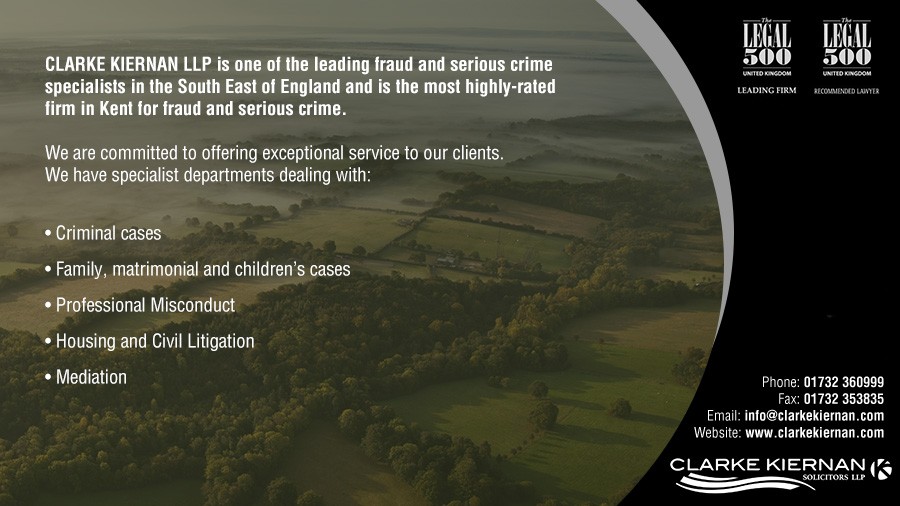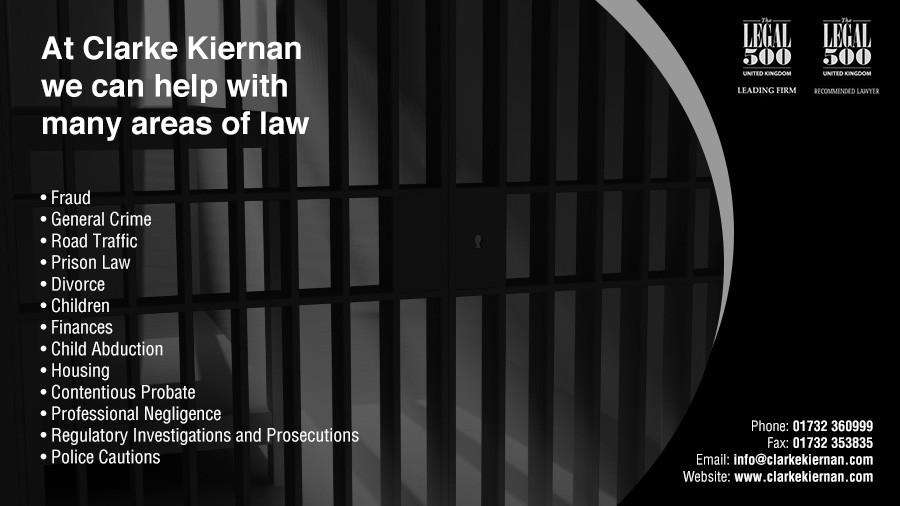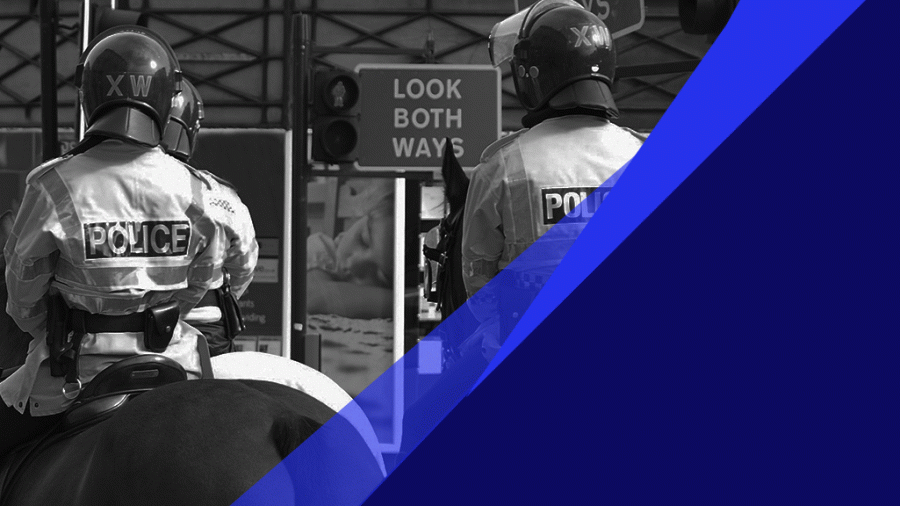An accident at work that leads to the death of an individual or individuals can be traumatic for not only the family of those concerned but for work colleagues and management and executives of companies who may face an investigation by the authorities with a view to a charge of corporate manslaughter as a result of breach of health and safety requirements
Early involvement by expert solicitors is essential, particularly as investigators will often say that a person is not a suspect, but a potential witness. Experience tells us that can change very quickly and the wrong thing said to investigators or the advice early on can have serious consequences and may change a person’s status from witness to suspect.
These interviews are often done on a volunteer basis and as such a person is not required to speak to police should they not wish to. Where interviews are with witnesses and not suspects and are not under caution, some of the various procedures and protections set out in the Police & Criminal Evidence Act do not apply. This includes the right to be informed of the right to free and independent legal advice.
A specific offence of corporate manslaughter was introduced in the Corporate Manslaughter and Corporate Homicide Act 2007 (CMCHA 2007). The offence is concerned with corporate liability and does not apply to directors or other individuals who have a senior role in a company. There are, separate from the Act, Health and Safety offences and gross negligence manslaughter which continue to apply to individuals but are not the subject of the police enquiries. Prosecutions against individuals will only be taken where there is sufficient evidence and it is in the public interest to do so, and are unlikely to arise where the CMCHA 2007 applies and there is clear evidence against the corporation in question.
The Act applies to corporations, government departments, and police forces. The Act also applies to a wide range of statutory public bodies which are not part of the Crown, including local authorities, NHS bodies and many non-departmental public bodies with executive responsibilities. It does not apply to certain public and government functions where there exist wider questions of public policy
Under section 1 of the CMCHA 2007, an organisation is guilty of the offence of corporate manslaughter if the way in which it organises or manages its activities causes a death, and this amounts to a gross breach of a relevant duty of care it owed to the victim. The gross breach of duty must have been a significant cause of death.















